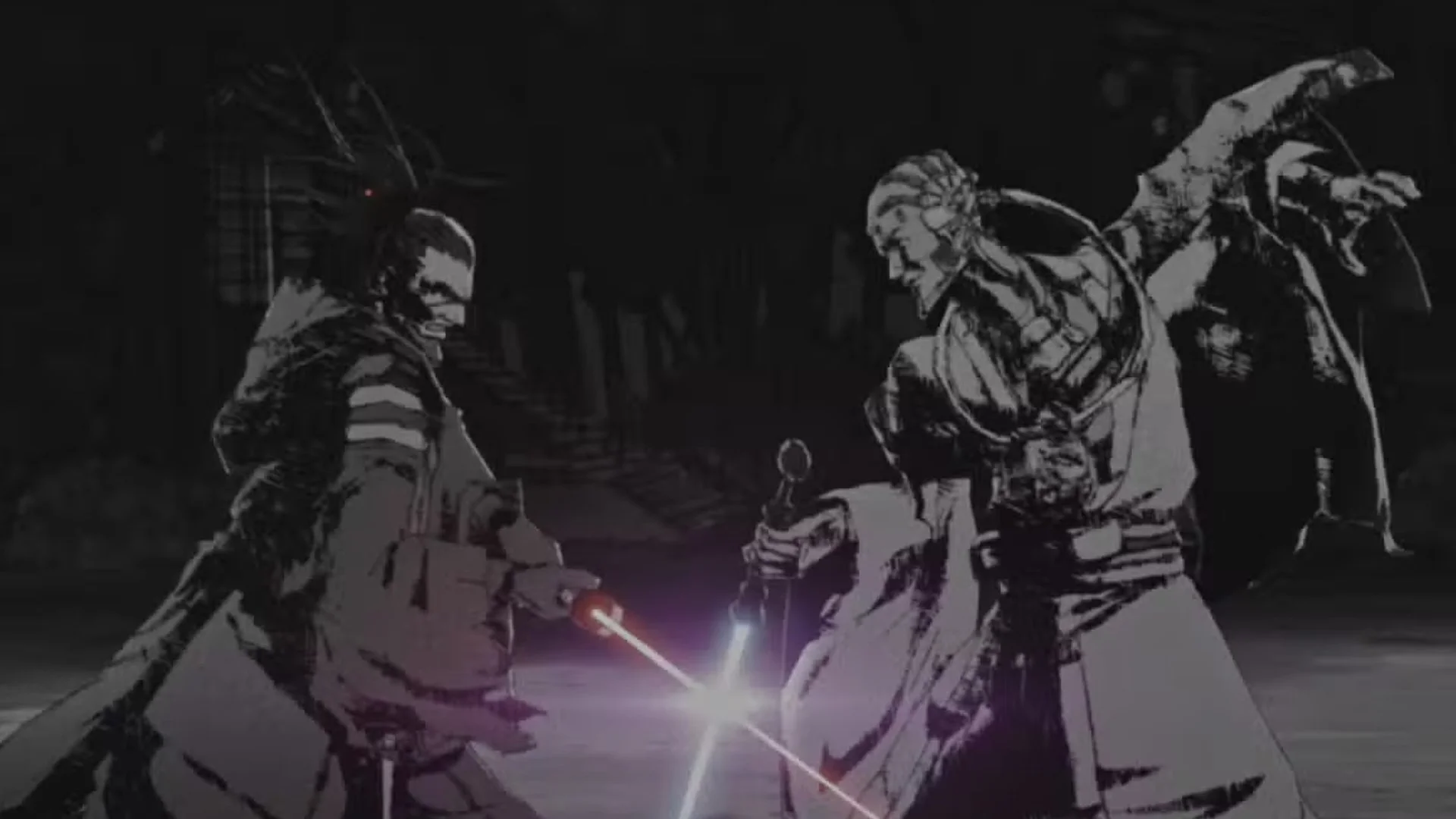One of the most controversial films in the history of cinema is, without a doubt, “Cannibal Holocaust”. Banned in several countries upon its premiere, the film wanted us to believe it was a documentary and its director was arrested for obscenity and nearly charged with murder because the public thought he was a snuff and not fiction. And is that the actors and actresses have also been forced to sign a confidentiality clause so that they do not promote before the premiere and almost do not let themselves be seen, all so that it seems that they are really dead. We are talking about 1980, long before social networks. The Italian director was responsible for that madness Ruggero Deodato, who died on December 29 in Rome at the age of 83, apparently of natural causes.

Before all the scandal, Deodato, born on 7 May 1938 in Potenza, trained as assistant director first with Roberto Rossellini and then with Antonio Margheriti, Riccardo Freda and Joseph Losey. After directing some films such as ‘Girls, blows … and the military’ and ‘The four of the pater noster’, in 1971 he moved to television with the series ‘At the last minute’. In 1975 he returned to the cinema with the erotic melodrama ‘Wave of pleasure’ and the police thriller ‘Anti-Crime Squad’, and then came the cannibal fashion. It started with “Cannibal World, Wild World” and later “Cannibal Holocaust”, the most famous work of a career spanning from 1958 to 2019.
His extensive filmography includes other titles such as ‘The Washing Machine’, ‘A Rapist’s Trap’, ‘Evil Creature’, ‘Lone Runner’, ‘Deadly Telephone’, ‘Ocean’, ‘Ballad in Blood’ and his latest work : a segment in ‘Deathcember’. Deodato wrote many of his films and also took his first steps as an actor in films like ‘Nero Infinity’, ‘Phantasmagoria’ and ‘Macho Man 2’.
The news was announced on Facebook by his friend and colleague Eugenio Ercolani, who updated his followers on Deodato’s state of health until he wrote on the 29th: “How many interviews, dinners, jokes, discussions, laughter and how many times have you called me to go and fix your Wi-Fi. Cursed Ruggero…”.
The big lie
“Cannibal Holocaust” is the story of a team of American filmmakers who disappeared in the Amazon jungle while filming a documentary about indigenous cannibal tribes. The rescue mission that goes looking for them finds a lost film, “Cannibal Holocaust” is, in theory, that film. As mentioned in the beginning, his premiere challenged the limits of terror and what the audience understood as fiction thanks to his style of truth cinema and having used authentic indigenous Amazonians as actors. With it, found footage was born.
When Deodato was arrested and virtually charged with murder for the famous impaled woman sequence, all copies of the film were seized and he had to present several pieces of evidence (such as taking the actors to court alive and kicking) to prove that they hadn’t killed anyone and with which he had nothing to do snuff. He also had to reveal some of the editing effects, like showing photographs of how the impalement shot was edited, quite a trick for the eye. Eventually the charges were dropped. but the film was still too strong to pass the censors of several countries. For example, it wasn’t legal in the UK until 2001, and it wasn’t fully rolled out until 2011. Not the killing of people, but animal cruelty was part of the shooting.
Source: E Cartelera
Bernice Bonaparte is an author and entertainment journalist who writes for The Fashion Vibes. With a passion for pop culture and a talent for staying up-to-date on the latest entertainment news, Bernice has become a trusted source for information on the entertainment industry.




